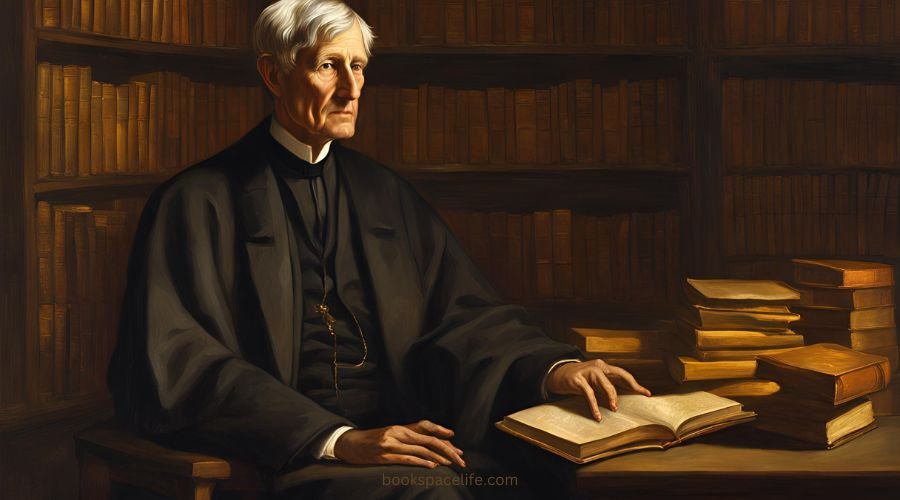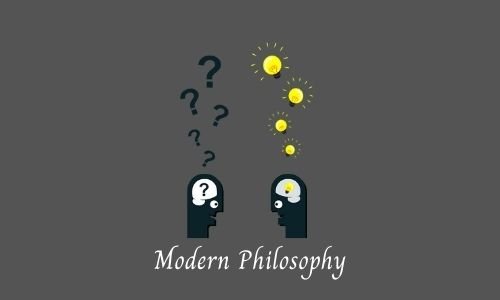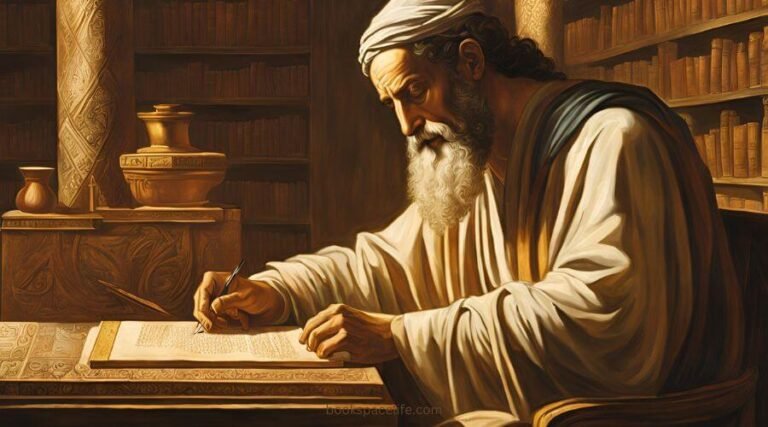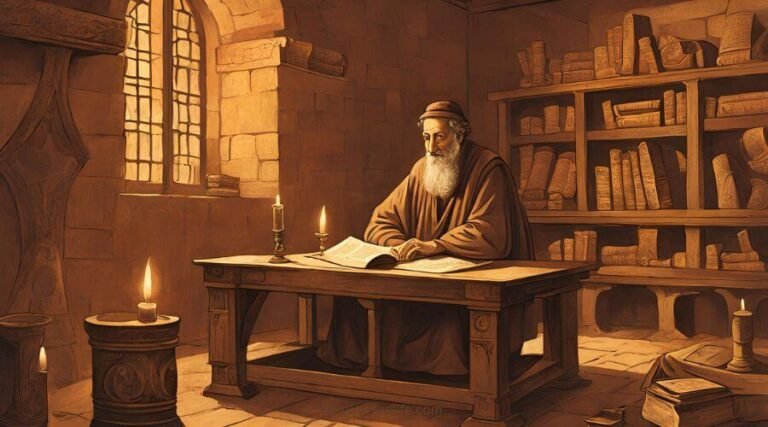Philo of Alexandria
John Henry Newman : The Bridge Between Faith and Reason
John Henry Newman (1801 – 1890 CE) was an English theologian, philosopher, and cardinal whose work has left an indelible mark on Christian theology, education, and philosophy.
He is best known for his development of the theory of the “illative sense” in epistemology, his influence on the development of the Catholic Church in England, and his powerful writings on the relationship between faith and reason.
Newman’s journey from Anglicanism to Catholicism, along with his deep engagement with the intellectual challenges of his time, makes him a central figure in the history of philosophy, theology, and religious thought.
Born into a middle-class family in London, Newman’s intellectual and spiritual trajectory spanned across both Anglicanism and Catholicism, providing him with a unique vantage point from which he analyzed and critiqued religious and philosophical ideas.
His life’s work is a testament to his commitment to both intellectual rigor and spiritual devotion, and his influence extends far beyond his own lifetime.
He is recognized as one of the most significant religious thinkers of the 19th century.
Table of Contents
(1) Early Life and Education
John Henry Newman was born on February 21, 1801, in London, into a moderately affluent family.
His father, John Newman, was a banker, and his mother, Jemima, was the daughter of a wealthy merchant. Growing up in a family that valued education, Newman was a precocious child, demonstrating a remarkable aptitude for learning from a young age.
His early education was provided by a series of private tutors, and at the age of 14, he enrolled at the prestigious Eton College, where he continued his academic excellence.
At Eton, Newman developed a love for classical literature, philosophy, and theology, which would guide his future intellectual pursuits.
In 1816, at the age of 15, Newman entered the University of Oxford, where he would spend much of his life and begin to develop his distinctive intellectual and religious views.
He attended Trinity College, Oxford, and quickly made a name for himself as an outstanding scholar.
His academic interests were broad, spanning the classics, philosophy, and theology, but it was his engagement with Christian doctrine that began to define his intellectual journey.
At Oxford, he developed an interest in the study of Church history and began to read works that would later influence his conversion to Catholicism, particularly those of the Church Fathers.
Newman’s intellectual abilities were recognized early on. In 1822, he was elected a Fellow of Oriel College, Oxford, where he continued to study and teach.
His scholarly work during these years focused on early Christian writers and the development of Christian doctrine, subjects that would become central to his later theological work.
It was during this time at Oxford that he also began to question the religious assumptions of his upbringing in the Church of England, and he started to explore the deeper philosophical and theological questions about faith, reason, and authority.
(2) Religious Journey and Conversion to Catholicism
Newman’s religious journey was one of intellectual and spiritual transformation. As a young man, he was deeply committed to the Church of England, but he began to feel a growing dissatisfaction with its doctrines and practices, especially as he began to study the history of the early Church.
His concerns were compounded by the theological disputes between the Anglican Church and the Catholic Church during the early 19th century, a time when the Church of England was moving further away from its Catholic roots in both doctrine and practice.
Newman’s involvement in the Oxford Movement, also known as the Tractarian Movement, was a pivotal moment in his life.
The movement sought to bring the Church of England back to its Catholic traditions, including a greater emphasis on the sacraments, apostolic succession, and the authority of the Church.
Newman, along with figures like Edward Bouverie Pusey and John Keble, became a leading figure in the movement, and his sermons, lectures, and writings became widely influential.
However, as Newman delved deeper into the theological debates surrounding the authority of the Church, he became increasingly dissatisfied with the limitations of Anglicanism.
His studies of Church history led him to the conclusion that the Roman Catholic Church held the true authority of the Christian faith, an insight that led to his conversion to Catholicism in 1845.
This decision was a major turning point in his life and career, as it meant abandoning the prestigious academic and religious position he held within the Church of England and joining a church that was still considered by many to be outside the mainstream of English religious life.
Newman’s conversion was a controversial and highly publicized event, not only because of his prominence but also because it highlighted the deep divisions between Catholicism and Anglicanism in 19th-century England.
His decision to convert was driven by a profound belief in the truth of Catholic doctrine and the authority of the Pope, as well as a recognition that the Catholic Church represented a continuity with the early Christian Church that Anglicanism could not offer.
(3) Theological and Philosophical Contributions
Newman’s work as a philosopher and theologian focused primarily on the relationship between faith and reason.
His most important contributions lie in his exploration of the nature of religious belief, the process of theological development, and the compatibility of reason with divine revelation.
One of Newman’s most important works is An Essay in Aid of a Grammar of Assent (1870), in which he develops his theory of knowledge and belief.
In this work, Newman argues that religious belief is not a product of strictly rational proof but involves a more complex, personal, and subjective form of knowledge.
He introduced the concept of the “illative sense,” which he described as the mental faculty that allows individuals to make judgments about the truth of things, especially in matters of faith.
This sense is not a purely rational or empirical process but a deeply intuitive and personal one. For Newman, assent to religious truths, such as the existence of God or the divinity of Christ, is a matter of practical judgment informed by experience, tradition, and personal conviction.
Newman also engaged deeply with the problem of theological development. In The Development of Christian Doctrine (1845), he argued that Christian doctrine is not static but has developed over time through the Church’s engagement with Scripture, tradition, and reason.
Newman rejected the idea that doctrine should remain frozen in time, and he believed that theological development was a natural and essential part of the Church’s ongoing understanding of divine revelation.
This work was groundbreaking in that it provided a theological framework for understanding how doctrine could evolve without losing its connection to the original teachings of Christ and the Apostles.
In addition to his work on faith and reason, Newman also made significant contributions to the philosophy of education.
His The Idea of a University (1852) remains one of the most important works in the history of higher education.
In this book, Newman argued that the primary purpose of a university is not to train students for specific careers or professions but to cultivate the intellectual and moral virtues necessary for a well-rounded and thoughtful life.
Newman believed that education should encourage students to think critically, reflect on their own experiences, and engage with the great intellectual traditions of the past.
(4) Influence and Impact
John Henry Newman’s intellectual and spiritual legacy continues to shape the Catholic Church and the broader world of philosophy and theology.
His writings on faith, reason, and doctrine were instrumental in shaping the intellectual climate of the 19th century, and his contributions to the development of Catholic thought were deeply influential in the aftermath of the Vatican I Council (1869–1870).
In 1879, Newman was appointed a cardinal by Pope Leo XIII, a recognition of his outstanding contributions to the Catholic Church and his importance as a theologian.
Newman’s influence extended beyond Catholicism, however, and his ideas on the relationship between faith and reason had a lasting impact on Protestant theology and philosophy, as well as on the development of modern educational theory.
One of Newman’s most enduring legacies is his emphasis on the importance of personal judgment and experience in matters of faith.
His insistence that belief is not reducible to rational proof but involves a deeper, more personal commitment to truth has been a central theme in modern Christian thought.
His philosophical insights also continue to influence contemporary debates about the nature of knowledge and the compatibility of faith and reason.
Newman was beatified by Pope Benedict XVI in 2010, and he was canonized as a saint by Pope Francis in 2019.
His canonization is a testament to the enduring power of his ideas and the deep spiritual commitment that characterized his life’s work.
(5) Conclusion
John Henry Newman’s contributions to philosophy, theology, and education make him one of the most significant thinkers of the 19th century.
His intellectual journey—from his early years as an Anglican scholar to his conversion to Catholicism—was marked by a deep commitment to the truth, a profound engagement with the intellectual challenges of his time, and a passionate belief in the importance of faith and reason working together.
Newman’s work continues to inspire scholars, theologians, and philosophers today, and his legacy remains a powerful bridge between the intellectual and spiritual realms.








